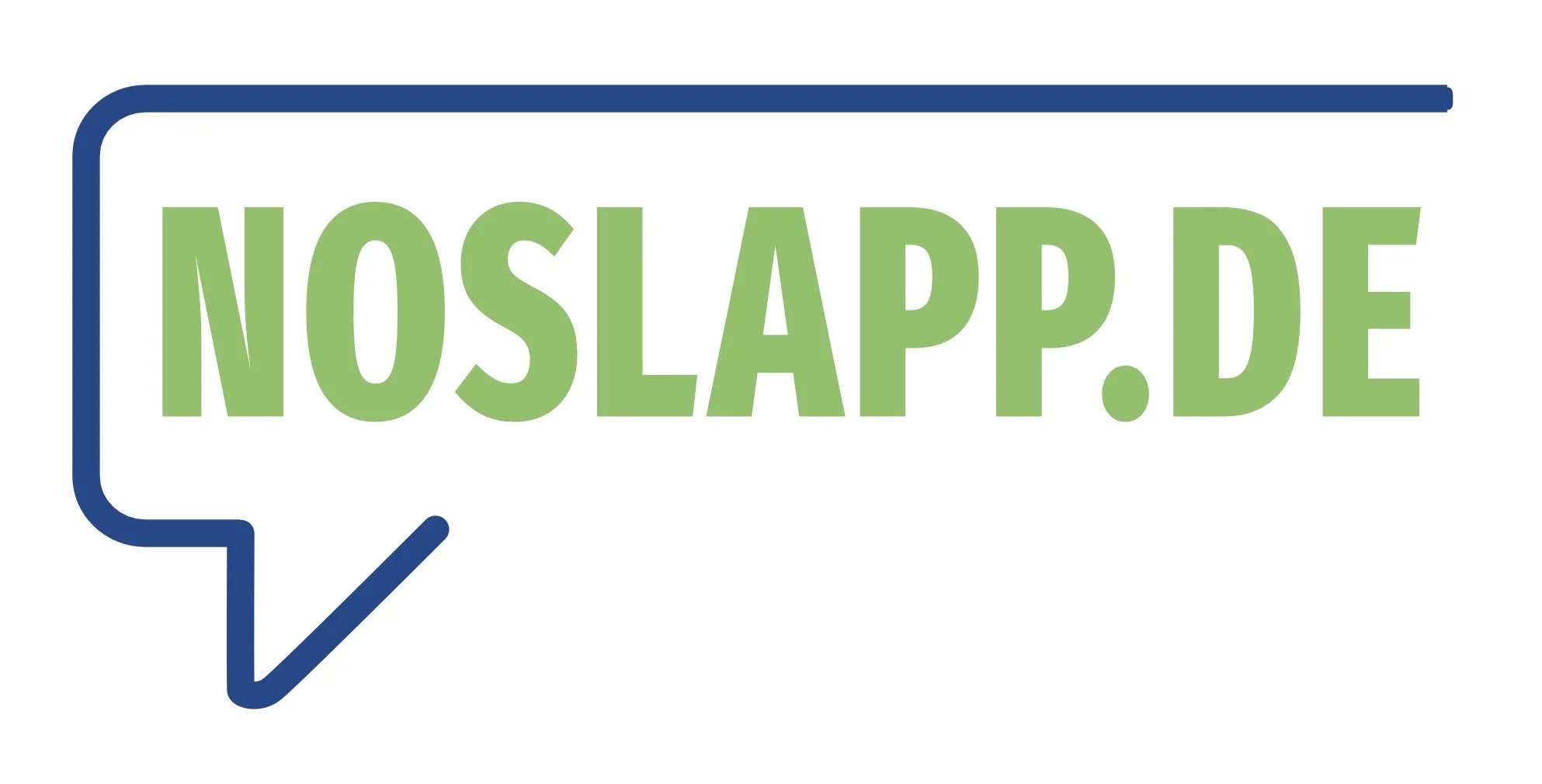We present: The NO SLAPP contact point for the protection of journalistic work in Germany
Blueprint for Free Speech, Reporters Without Borders, the German Federation of Journalists, the German Journalists' Union in ver.di (dju), FragenStaat and Action Against Labor Injustice offer information, advice and training against Strategic Lawsuits Against Public Participation in Germany.
SLAPP suits are used by corporations, governments and other powerful actors to silence critical voices by subjecting them to costly and burdensome litigation. The No SLAPP Drop-In Center provides information, advice and training to educate potentially affected individuals about their rights and support them in defending against SLAPP lawsuits.
Many journalists and activists are familiar with companies or resource-rich individuals who seek to intimidate unwelcome voices by means of warnings and even lengthy, expensive lawsuits in order to prevent critical publicity for an issue. SLAPPs are on the rise throughout Europe and pose a threat to independent journalism in particular, but also to all other critical journalistic activities. Several members of the German No-SLAPP alliance have now joined forces to better tackle this problem at a national level in Germany.
The first European directive against SLAPPs was adopted on April 11, 2024. Two years remain for implementation in Germany. An important step in the fight against the systematic intimidation of the critical public. However, the legislative definition and sanctioning of SLAPPs can only be one pillar in the commitment against SLAPPs.
This is why Blueprint for Free Speech, Reporters Without Borders, the German Federation of Journalists, the German Journalists' Union in ver.di, Frag den Staat and Action Against Labor Injustice, all of which are also members of the German No-SLAPP Alliance, have created a contact point that covers other key aspects of strengthening the critical public sphere against SLAPPs.
At www.noslapp.de, those affected and interested can find out more about SLAPPs, access various training materials and soon also case documentation. An anonymized survey helps with self-assessment for those affected by legal action following critical publications. Personal contact via email or telephone can be used to obtain further information and referrals to one of the lawyers or other experts on the legal advisory board.
A newsletter regularly compiles various news on the topic. And at information and training events, which are offered together with the cooperation partners in various cities in Germany and online, journalists and other journalists who are confronted with legal proceedings and attempts at legal intimidation can receive comprehensive training.
The project's target group is journalists, regardless of whether they work for publishing houses, newspapers or other media organizations or as freelancers, or whether they report as bloggers on citizens' initiatives, works council and trade union work or environmental activism, for example.
But the NO SLAPP contact point is also the right place for interested members of the public who want to find out more about the SLAPP phenomenon. All of these target groups should be made aware of the issue and put in a position to defend themselves as effectively as possible against SLAPPs using existing and newly created means.
"The no Slapp contact point will boost protection of journalistic work in Germany and defend freedom of expression", says Dr. Suelette Dreyfus, Managing Director of Blueprint for Free Speech. “We are proud to work in such a strong team of partners to create this innovative resource for civil society's ability to deal with conflicts.”
“We are delighted to be one of the cooperation partners of the first German contact point for victims of intimidation, together with the other journalistic and civil society organizations,” says Anja Osterhaus, Managing Director of Reporters Without Borders (RSF). “The journalistic focus of the project, which is funded by the Federal Commissioner for Culture and the Media, fits in perfectly with RSF's expertise, and journalists in particular are repeatedly the target of warnings and other attempts at legal intimidation. However, it is also important that the Federal Ministry of Justice now quickly begins to implement the protective measures of the new EU Anti-Slapp Directive in Germany.”
“Preventing reporting with legal cudgels is an attack on the freedom of the press. That's why it's good that those affected will be able to turn to the new contact point in future. And it is even better that we at the DJV can provide our members with advice and legal protection where necessary,” says Mika Beuster, Federal Chairman of the German Journalists' Association (DJV).
“The fact that a strong alliance of several organizations has succeeded in setting up a contact point for journalists who are being intimidated by legal action is a great success. And it shows that the commitment to a critical public sphere works well when many partners fight for it together,” says Tina Groll, Federal Chairwoman of the German Journalists' Union (dju) in ver.di. A growing number of journalists see themselves at the mercy of warnings and other legal remedies. “This is violence,” says Groll. The SLAPP contact point is an important step, but more needs to be done. “In a threatened democracy, in which freedom of opinion and the press and the critical public are increasingly under attack, the Federal Government is called upon to transpose the EU Anti-SLAPP Directive into national law and to make it effective here. The dju in ver.di and its alliance partners will not let up in exerting pressure here.”
The NO SLAPP contact point is funded by the Federal Government Commissioner for Culture and the Media and can be reached online at www.noslapp.de
Philipp Wissing can now be contacted as coordinator of the No SLAPP contact point at
contact@noslapp.de
+49 1512 0236423

